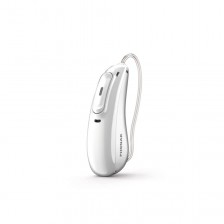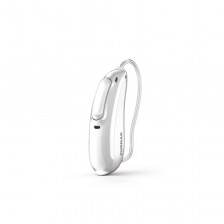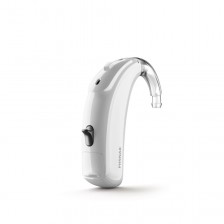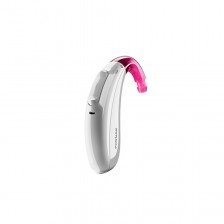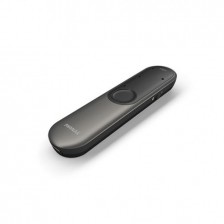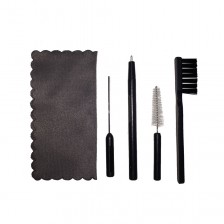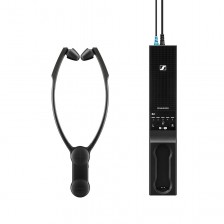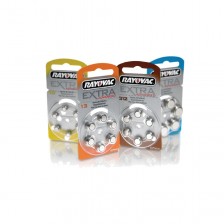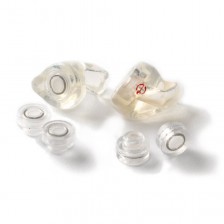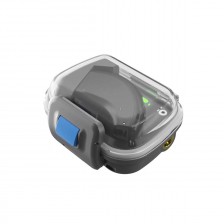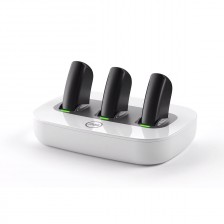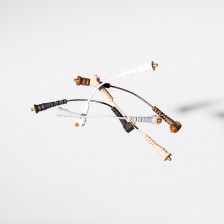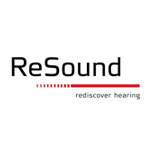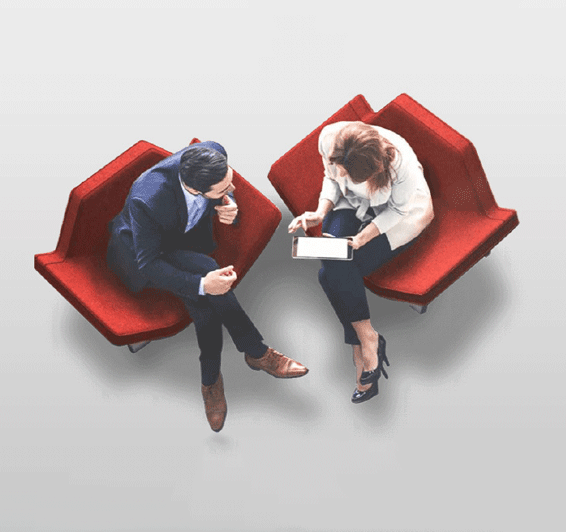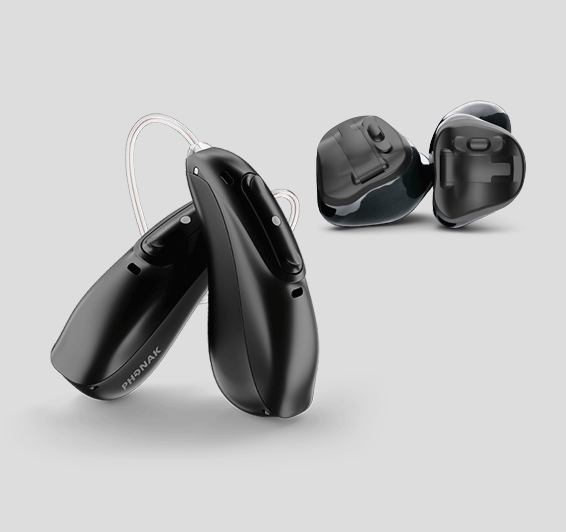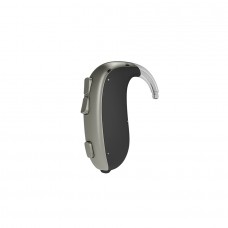If I wear hearing aids will I have the lazy ear?


Among all the questions that new users ask us, one of the most repeated is whether the ear will become lazy when wearing hearing aids. It is logical that first-time users have this doubt since it is a myth that usually circulates among people who have never worn hearing aids. The resounding answer is no. It is a false myth without any real basis and, then, we will explain why.
The erroneous origin of this false myth
Normally, this false myth is believed because we are all aware that the ear should not be exposed to very high volumes. The latter is true, but it has an important nuance: it does not work in the same way in healthy ears as it does in ears with hearing loss. In the case of healthy ears, what high volumes do is overstimulate our hearing cells. In other words, the healthy ear begins to hear at a low volume and everything that is much higher in terms of volume is an excess of stimulation that wears out the cells that are inside it. On the other hand, in the case of a person with hearing loss, this stimulation begins much later, which means that much higher volumes are needed so that the cells are overstimulated just as in a healthy ear. As the level they need to be stimulated is different, the level they need to be overstimulated is also different.
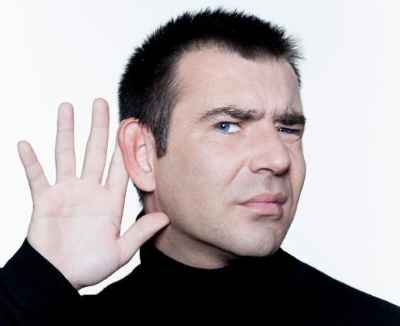
The consequences of hearing loss
Beyond helping you hear, another of the main objectives of hearing aids is to stimulate your hearing cells correctly and to the right extent. We must bear in mind that everything that sounds below the level of your loss is not capable of generating any stimulation. Therefore, your auditive system is inactive for longer than normal since a good part of everyday sounds do not make it react. This inactivity leads to a degradation of the functioning of your hearing. We could say that it atrophies. In addition, if this hearing loss is maintained over time without applying any kind of solution, not only the ear itself will be degraded, but also the areas of the brain that help you understand speech. By not receiving all the information it needs, its performance worsens, making this an even more difficult problem to solve.
Your hearing needs exercise
Everything that we have discussed above leads to a clear conclusion: if you need hearing aids, the longer you delay in using them, the more difficult it will be to correct your loss. Many people think that as long as they can get by, they will go without hearing aids. Without a doubt, it is a big mistake since your hearing needs to exercise to stay as healthy as possible. It is like when a person stops playing sports and leads a sedentary life. His good form is getting worse and there comes a time when it affects him on a day-to-day basis. At that moment, he decides to go back to playing sports, but what used to be easy for him is now a strenuous effort. The longer you haven't been to the gym, the harder it is to get back in shape. Ultimately, your ears also need to hit the gym regularly.
